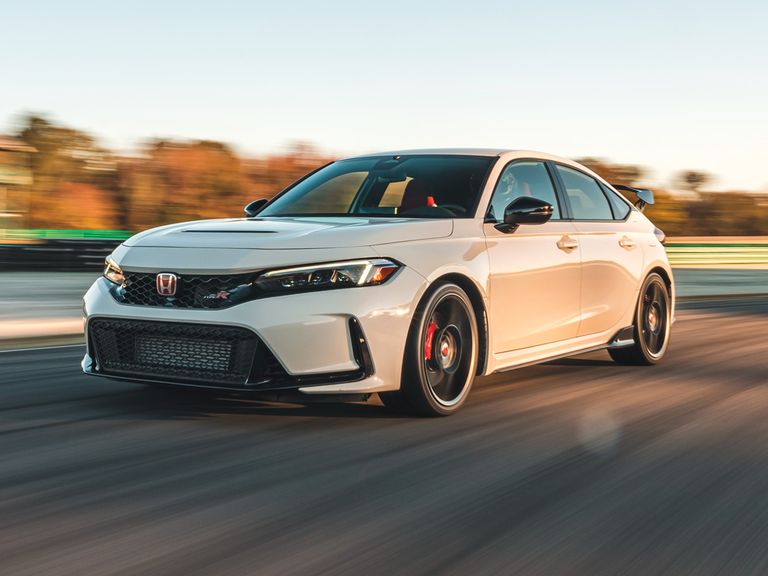In the realm of automobiles, the rivalry between the Honda Civic and the Honda Accord has been a longstanding one, characterized by a constant push for innovation and improvement. Both models have carved out significant niches in the automotive market, with each boasting its own unique strengths and features. However, despite the anticipation surrounding the release of the 2024 Honda Civic, it has failed to surpass the Accord in an important category: interior space and comfort.

For years, the Civic has been celebrated for its compact yet spacious interior, offering ample room for both passengers and cargo within its modest dimensions. Its ergonomic design and clever utilization of space have made it a favorite among consumers seeking a practical and comfortable everyday vehicle. However, with the unveiling of the 2024 model, expectations were high for even greater advancements in interior space and comfort.
In contrast, the Accord has long been revered for its generous interior dimensions, providing a level of spaciousness that rivals even larger sedans in its class. Its plush seating, expansive legroom, and abundant cargo capacity have consistently set it apart as a top choice for families and commuters alike. The Accord’s ability to deliver a premium driving experience without sacrificing practicality has solidified its position as a leader in the midsize sedan segment.
With the 2024 Civic promising a new era of innovation and refinement, many enthusiasts anticipated that it would bridge the gap with its larger counterpart, the Accord, in terms of interior space and comfort. However, early reviews and comparisons have revealed that this expectation has not been met.
Despite receiving updates to its interior design and materials, the 2024 Civic still falls short of the Accord’s spaciousness and comfort. While improvements have been made to enhance passenger comfort and ergonomics, the Civic’s compact dimensions ultimately limit its ability to compete with the Accord in this crucial category.
One of the key factors contributing to the Accord’s superior interior space is its longer wheelbase, which allows for greater legroom in both the front and rear seats. Additionally, the Accord’s wider body provides more shoulder room for occupants, further enhancing comfort on longer journeys. These dimensions give the Accord a distinct advantage over the Civic when it comes to accommodating passengers of all sizes.
Furthermore, the Accord’s larger trunk offers significantly more cargo space than the Civic, making it better suited for hauling luggage, groceries, or other bulky items. This added versatility is a major selling point for consumers who prioritize practicality and utility in their vehicle.
While the 2024 Civic does boast improvements in areas such as technology and fuel efficiency, its failure to match the Accord’s interior space and comfort represents a missed opportunity for Honda. In a highly competitive market where consumers demand the best in terms of both performance and comfort, falling short in this key category could impact the Civic’s appeal to potential buyers.
Moving forward, Honda may need to reconsider its approach to the design and engineering of the Civic to ensure that future iterations can better compete with the Accord in terms of interior space and comfort. Whether through innovative packaging solutions or further refinement of its dimensions, bridging the gap with the Accord will be essential for maintaining the Civic’s relevance and competitiveness in the years to come.
In conclusion, while the 2024 Honda Civic brings several enhancements to the table, it ultimately fails to surpass the Accord in a crucial category: interior space and comfort. As the automotive landscape continues to evolve, Honda must address this shortfall to ensure that the Civic remains a compelling choice for consumers seeking a balance of performance, comfort, and practicality.
